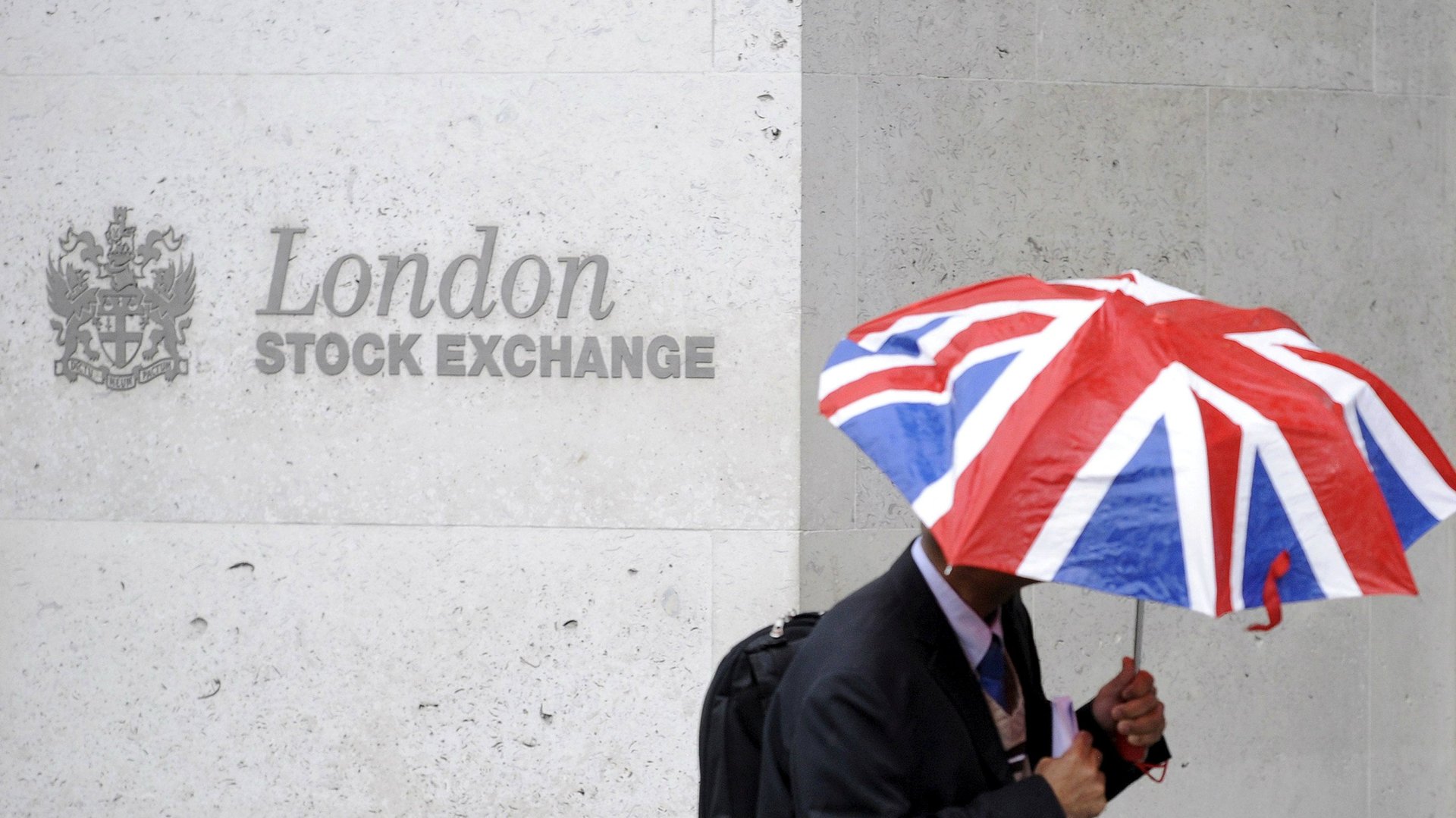Europe’s fintech firms are on pace to set an IPO record this year
European fintech startups are parlaying enthusiasm for their budding sector into stock market listings. Seven of these financial firms have announced or completed initial public offerings (IPOs) this year, on pace to set an annual record, according to PitchBook data. The market is humming: Adyen’s stock skyrocketed after the payment processor’s listing, and this week Funding Circle said it’s planning a high-profile IPO.


European fintech startups are parlaying enthusiasm for their budding sector into stock market listings. Seven of these financial firms have announced or completed initial public offerings (IPOs) this year, on pace to set an annual record, according to PitchBook data. The market is humming: Adyen’s stock skyrocketed after the payment processor’s listing, and this week Funding Circle said it’s planning a high-profile IPO.
In another sign of fintech’s rise, Wirecard, a German payment-software startup, dislodged Commerzbank, the country’s second-biggest bank, in the DAX 30 index of blue-chip German companies. Deutsche Bank, meanwhile, is getting dropped (paywall) from Europe’s leading index of top-tier stocks this month. These days, the Frankfurt-based lender’s €20.4 billion ($23.7 billion) market capitalization isn’t much more than Adyen’s €18.7 billion market value.
Not every fast-growing fintech is racing to go public, of course. In April, the CEO of Revolut, a London-based unicorn that touts itself as a bank alternative, said an IPO was still several years away. Becoming a listed company, particularly in the US, has been criticized as too expensive and time-consuming for entrepreneurs. Spotify’s CFO (paywall) said banks demand too much money from companies to manage these offerings. But given the euphoria, it makes sense that more financial upstarts will look to tap the market.
Going public isn’t as gloomy as execs sometimes make it sound. Asked whether investment bankers had mis-priced Adyen’s IPO, CEO Pieter van der Does admitted the Amsterdam-based company’s stock price jump was bigger than expected. Still, he said in an email that the offering was “a dream.” The deal gave shareholders the flexibility they were seeking.
Fintech listings are also an opportunity for ordinary investors who have otherwise been “deprived” of taking stakes in the most promising companies, according to Eyal Malinger, investment director at venture capital firm Beringea. And startups get access to additional funding through share offers, as well as currency for acquisitions, which are “valuable upsides,” he said.
But not all fintechs are in equally high demand. Payment companies are in line to benefit from the growth in electronic transactions and a steady cash flow from charging fees. Adyen’s CEO said the the company’s addressable market is “huge and nearly limitless.”
The prospects for peer-to-peer lenders like London-based Funding Circle are more uncertain. Shares in Lending Club and OnDeck, two US-listed companies with similar business models, stumbled after their IPOs. UK watchdogs have also proposed tightening regulations for these types of lenders. The next economic downturn will be a major test for Funding Circle, and the rest of the nascent sector.
Still, more IPOs are probably on the way. Beringea’s Malinger says the window for public offerings is opening, and he thinks “many more will flow and follow.”
The future of finance on Quartz
- Crypto markets tumbled this week. Negative sentiment appears to be building as institutional investors remain cautious about digital assets.
- Although India’s central bank has effectively banned crypto trading, the country’s market regulator appears to have a more open mind. The Securities and Exchange Board of India has sent teams on international study tours to understand how other countries have handled virtual money.
- Should tech giants bother invading finance? Amazon’s valuation exceeded $1 trillion, putting it above the psychologically noteworthy threshold along with Apple. These tech giants are growing quickly even as their financial aims remain (apparently) modest.
- This week, Quartz launched Private Key: An exclusive, twice-weekly newsletter about the crypto and blockchain industries.
The future of finance elsewhere
- Wall Street appears to be retreating from bitcoin or embracing it more closely, depending which Business Insider headline you read. Goldman Sachs CFO Marty Chavez said a report that it was backing away from bitcoin was “fake news.” The reality is that big institutions are extremely cautious about crypto and will remain so in the near future.
- Apple has reportedly shelved Apple Pay plans in India. The trillion-dollar company is concerned about regulatory requirements and other technical issues.
- JPMorgan is poised to become the largest US bank by total loans. Wells Fargo, the current leader, is cutting back its loan portfolio because of Fed restrictions.
- Plain-vanilla bank deposits are back in China. The shift in savings comes as investors have been burned by higher yielding peer-to-peer lending platforms, which have been beset by defaults and sometimes outright fraud.
- Internet giant Tencent bought a stake in a Chinese real-estate brokerage. Liangia plans to use (paywall) the money to expand a website that matches renters and home buyers with financial services.
Previously, in Future of Finance Friday
Aug. 31: Warren Buffett’s protégé is backing a local rival to Google and Facebook in India’s payments battle